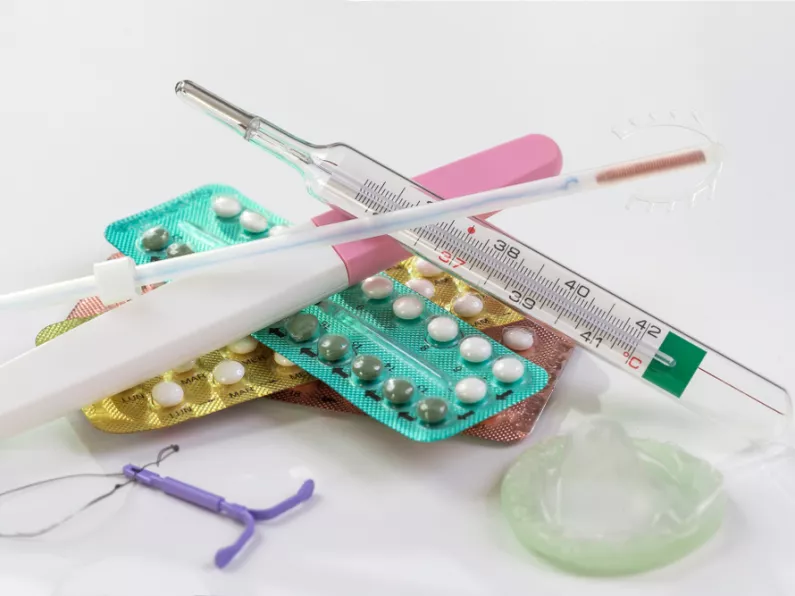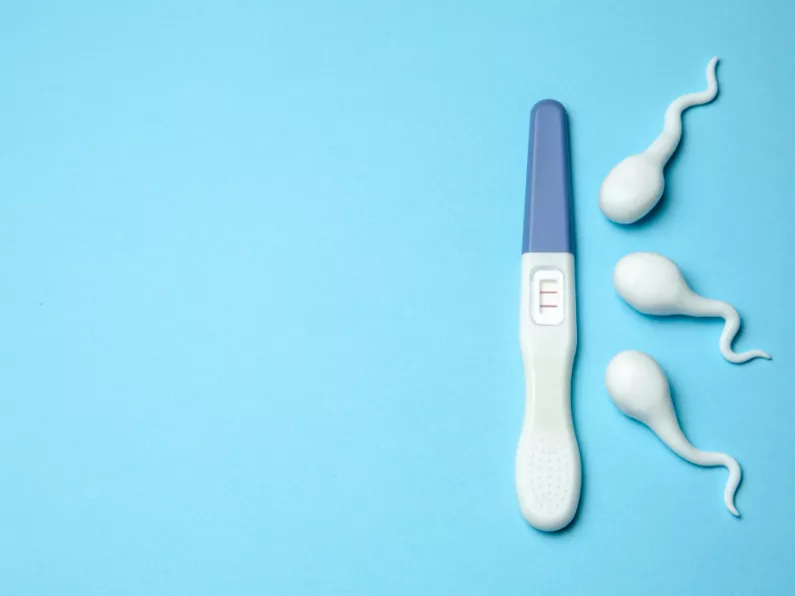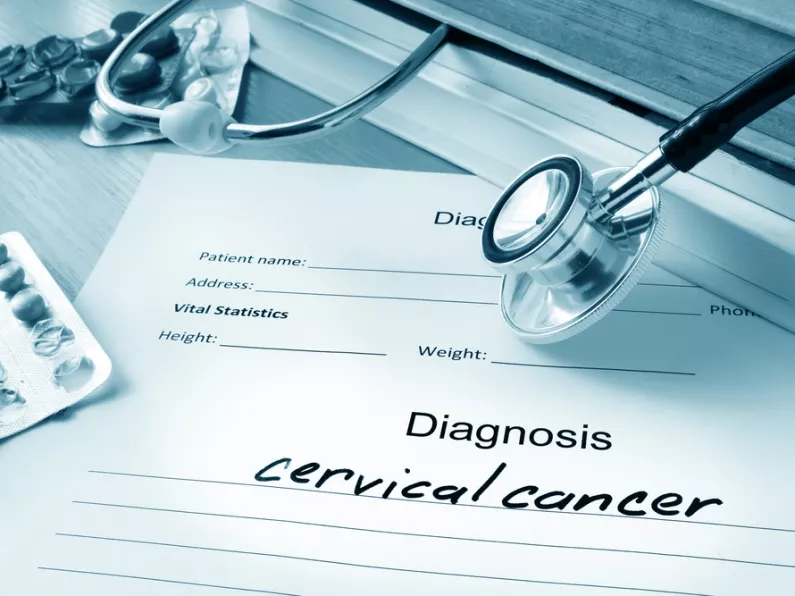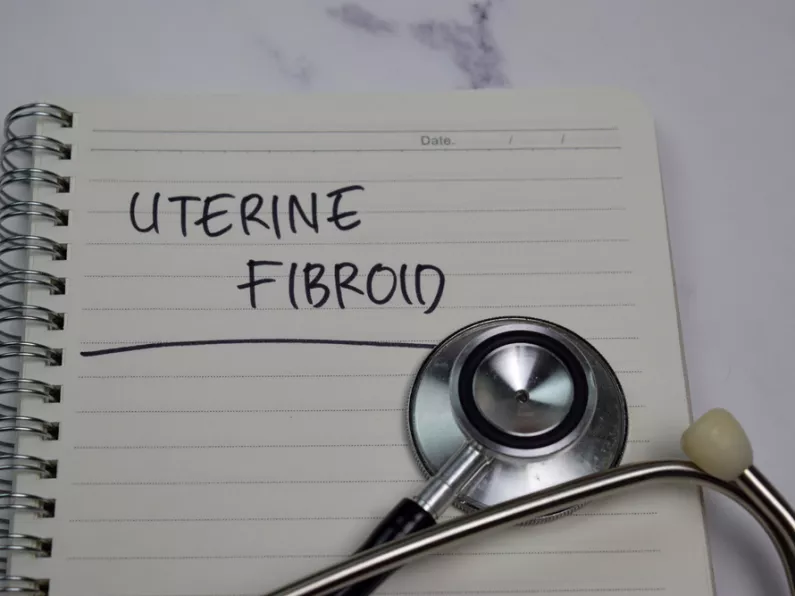Infertility is generally defined as not being able to get pregnant after one year (or longer) of unprotected sex.
Because fertility in women is known to decline steadily with age, some providers evaluate and treat women aged 35 years or older after six months of unprotected sex.
Diagnosing infertility isn't a straightforward process as there isn't just one cause.
Causes of infertility in women
There are many causes of infertility in women.
- Problems with ovulation: Ovulation disorders make up about 25% of infertility cases in females. In short, eggs may never be released, or they may only be released in some cycles.
Ovulation disorders can occur due to:
- Hyperprolactinemia: If prolactin levels are high and you're not pregnant or breastfeeding, it may affect ovulation and fertility.
- Thyroid problems: An overactive or underactive thyroid gland can lead to a hormonal imbalance that interferes with ovulation. Women can develop thyroid problems postpartum.
- Polycystic ovary syndrome (PCOS): This is a hormonal condition that can cause frequent or prolonged menstruation and can interfere with ovulation.
- Problems in the uterus or fallopian tubes can also prevent the egg from traveling from the ovary to the uterus, or womb. If the egg does not travel, it can be harder to conceive naturally.
Other causes
- Poor egg quality: The quality of the eggs may interfere with conception. As a female ages, the number and quality of the eggs declines. Eggs that are damaged or develop genetic abnormalities may also not be able to sustain a pregnancy. The older a female is, the higher the risk.
- Primary ovarian insufficiency (POI): The ovaries stop working normally before the age of 40.
- Surgery: Pelvic surgery can sometimes cause scarring or damage to the fallopian tubes. Cervical surgery can sometimes cause scarring or shortening of the cervix. The cervix is the neck of the uterus.
- Endometriosis: Cells that normally occur within the lining of the uterus start growing elsewhere in the body.
- Tubal ligation: In females who have chosen to have their fallopian tubes blocked, the process can be reversed, but the chances of becoming fertile again are not high.
- Chronic conditions: These include AIDS or cancer.
Infertility causes in men
The following are common causes of infertility in males:
- Problems with semen and sperm: Semen is the fluid that the penis releases during ejaculation and consists of fluid and sperm. The sperm is produced in the testicles. When the man ejaculates, semen helps transport the sperm toward the egg. Things that can make it more difficult for sperm to fertilize the egg include having a sperm count below 15 million, low sperm motility, or sperm that have an unusual shape and thus a harder time fertilizing the egg. About 2% of males may have these types of issues with their sperm. They can result from:
- A medical condition: This could be a testicular infection, cancer, or a surgery.
- Overheated testicles: Causes include an undescended testicle, a varicocele, a varicose vein in the scrotum, the use of saunas or hot tubs, wearing tight clothes, and working in hot environments.
- Ejaculation disorders: If the ejaculatory ducts are blocked, semen may be ejaculated into the bladder.
- Hormonal imbalance: Hypogonadism, for example, can lead to a testosterone deficiency.
Other causes
- Genetic factors: A male should have an X and Y chromosome. If a person has two X chromosomes and one Y chromosome, as in Klinefelter syndrome, the testicles will develop abnormally, and there will be low testosterone and a low sperm count or no sperm.
- Mumps: If this occurs after puberty, inflammation of the testicles may affect sperm production.
- Hypospadias: The urethral opening is under the penis instead of at its tip. Doctors usually surgically correct this condition during infancy. If the correction isn't done, it may be harder for the sperm to reach the female’s cervix.
- Cystic fibrosis: This is a chronic disease that results in the creation of sticky mucus. This mucus mainly affects the lungs, but males may also have an absent vas deferens. The vas deferens carries sperm from the epididymis to the ejaculatory duct and the urethra.
- Radiation therapy or chemotherapy: These treatments can both impair sperm production. In the case of radiation therapy, the severity usually depends on how near to the testicles the radiation occurred.
- Other diseases: Conditions that are sometimes linked to lower fertility in males are anemia, Cushing’s syndrome, diabetes, and thyroid disease.
- Medications: Some medications increase the risk of fertility problems in males. These include anabolic steroids.
Fertility risk factors
Factors that can increase the risk of infertility in both men and women include:
- Age
- Smoking
- Sexually-transmitted diseases
- Stress
- Obesity
- Alcohol misuse
- Nutrition
Infertility treatment
There are treatments to help you conceive naturally, and then there are assisted conception methods.







